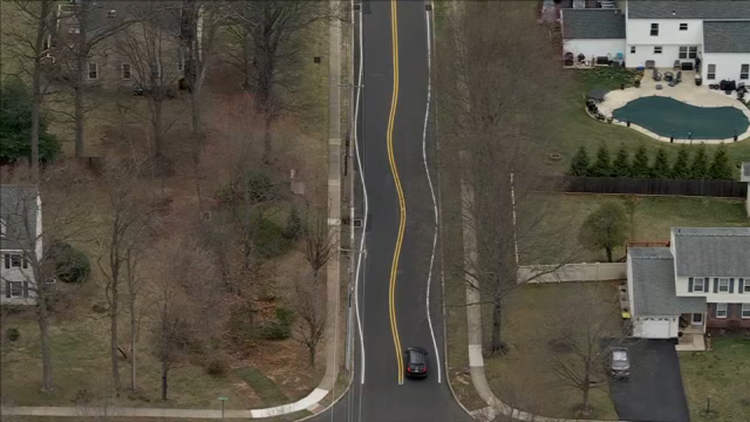Dentists have always warned us that too much candy will cause cavities. But all that could be a thing of the past, thanks to a new experiment by scientists from the Berlin biotechnology firm, OrganoBalance.
It turns out that candy doesn’t cause cavities at all. The bad guys are actually the bacteria that remain on our teeth after we eat sugary treats. So the scientists’ logic was simple – reduce the amount of ‘bad’ bacteria in candy, and the chances of cavities should naturally decrease.
After you eat a normal piece of candy, the bacteria on your teeth slowly release an acid that eats into tooth enamel. When the enamel wears down, it causes cavities to develop. One of the most common strains of bacteria responsible for cavities is mutans streptococci. When you chew candy, this bacteria is released into the saliva. If you swallow or spit, some of the bacteria is removed, but the remaining sits on your teeth and causes them to rot.
Photo: Supreme Deliciousness/Wikimedia Commons
After several experiments, Christine Lang and her colleagues at OrganoBalance have developed a candy containing dead bacteria that binds itself to the cavity-causing bacteria and kills it. The researchers knew about Lactobacillus paracasei, a bacteria that reduces levels of mutans streptococci by binding with it and preventing it from reattaching to teeth.
Candy that reduces cavities – sounds great, but does it work? The researchers wanted to know if L. paracasei could really prevent cavities like they believed. So they developed a sugar-free candy with heat-killed samples of the bacteria and tested it on 60 volunteers. One third of the group were given candies with 1mg of L. paracasei, one third ate candies with 2mg, and the remaining third ate candies that tasted the same, without the bacteria. Each test subject ate five pieces of candy over one-and-a-half days.
Photo: Adam Zivner/Wikimedia Commons
And then it was time to test the theory. At the end of the experiment, researchers found that three-fourths of the volunteers who ate candies with bacteria had considerably lower levels of mutans streptococci in their saliva than the day before. Another great news for the researchers was that the L. paracasei did not destroy beneficial oral bacteria.
I can’t wait for this candy to hit stores. I’d like to eat to my heart’s content, and offer some to my dentist too!
Source: Medicalxpress








